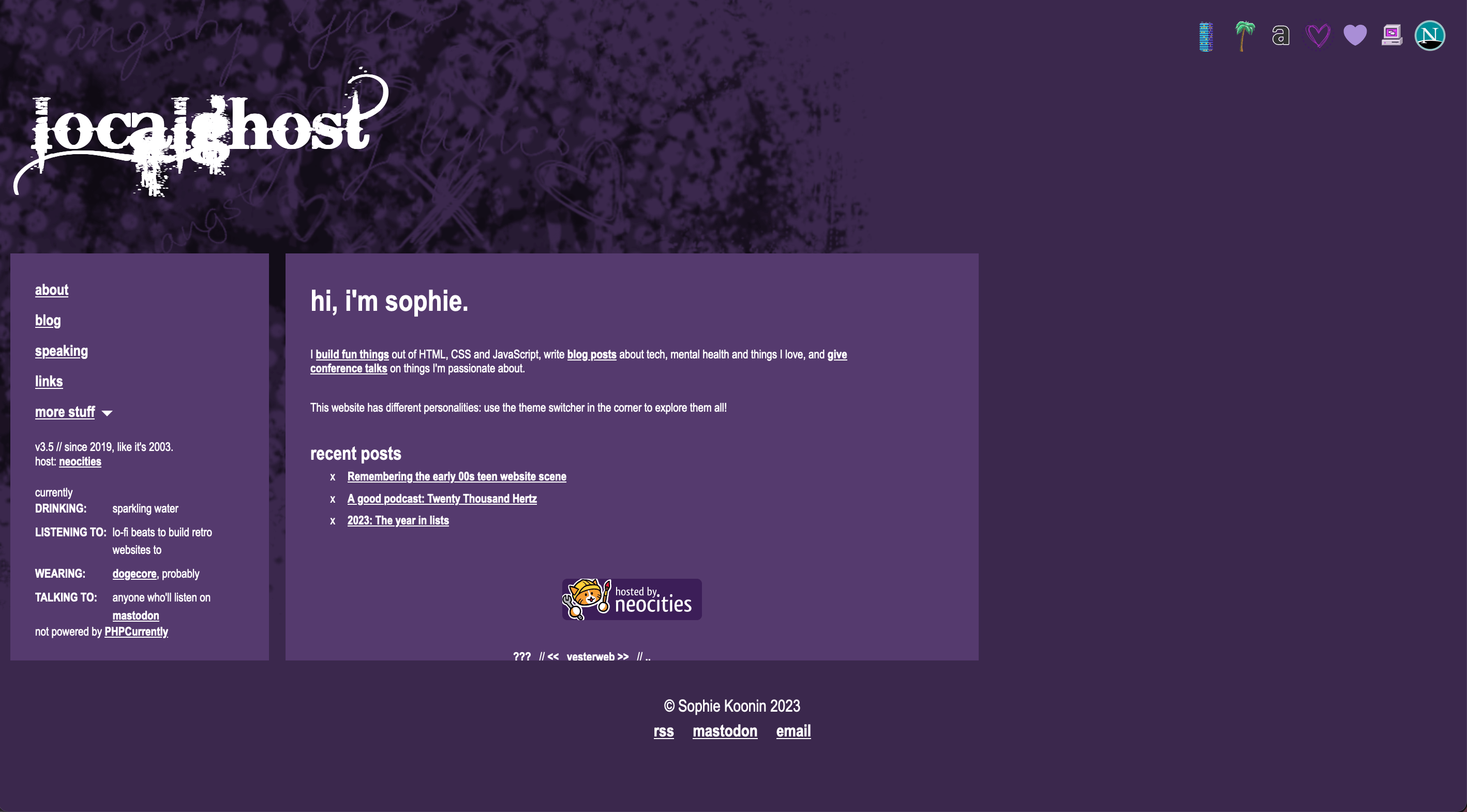Imagine you post and make new friends on an online network for more than a decade – and suddenly, your account gets suspended for no apparent reason. And there is nothing you can do about it.
Or imagine the online community you were an active part of for years just closes down and all user data gets deleted after a few months. And there is nothing you can do about it.
Or imagine that a site you poured all your thoughts and writing into decides overnight that it might be a good idea to sell access to all user data to a company that is training their large language model with it. And again, there is nothing you can do about it.
Now imagine a place where you actually own your content, your connections, and your online identity.
And now, imagine that this place is your personal website, under your own domain name, under your control.
This is the basic idea behind the IndieWeb.
From Welcome to the IndieWeb · Matthias Ott – User Experience Designer

